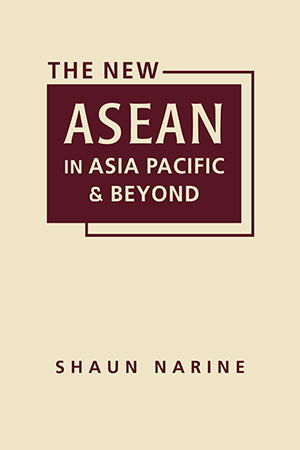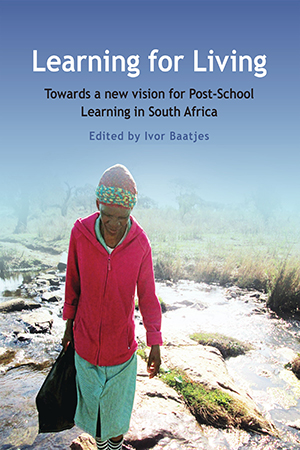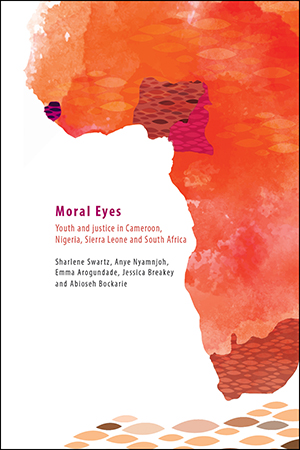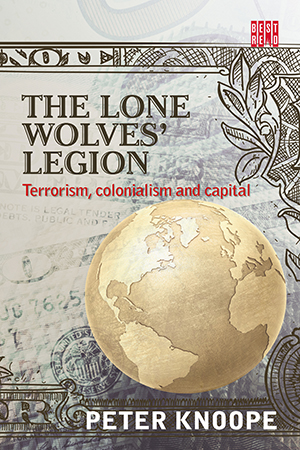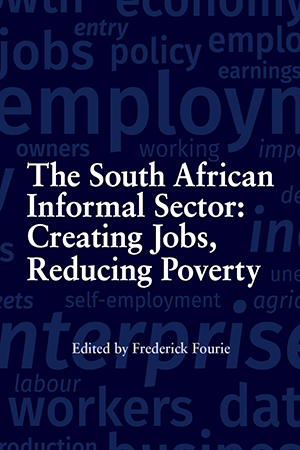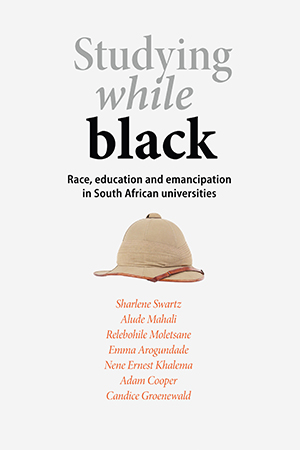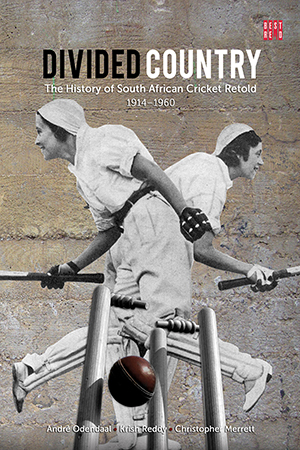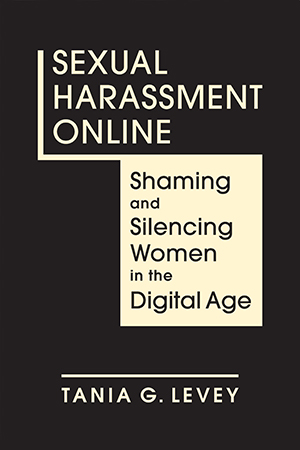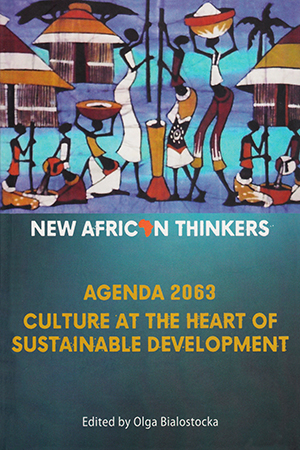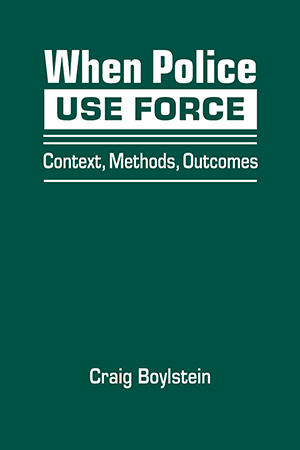BOOKS
Refuting criticisms that call into question the effectiveness, and even the purpose, of ASEAN, Shaun Narine traces the organization's political and economic development and explores its More >
In the context of South Africa's deepening inequalities, widespread poverty, and increasing unemployment rates, the need for a new approach to adult education is becoming urgent. More >
Grappling with issues of privilege and injustice in four African countries, the authors of Moral Eyes draw on extensive interviews with university students to demonstrate how injustices not More >
The threat of terrorism has increased significantly in recent years, in every region, with the number of victims of terrorist attacks also increasing. Are we indeed under siege, as many More >
The outcome of a four-year research project, this collaborative work draws on both quantitative and qualitative evidence to demonstrate the contributions of South Africa's informal More >
An intimate portrait of the university experiences of a diverse sample of South African students, Studying While Black highlights the centrality of both race and geography in the quest for More >
When the Proteas play today, they bat for all South African cricketers—but there were once seven different cricket associations, each claiming to be to be More >
Women who use social media are often subjected to blatant sexual harassment, facing everything from name calling to threats of violence. Aside from being disturbing, what does this abuse More >
In New African Thinkers, young scholars from across Africa discuss their vision for the social, political, and economic future of their continent. A unifying element running throughout their More >
New technology has offered the public the opportunity to witness police use of force far more frequently than in the past—and has brought into sharp focus a number of big questions. More >



